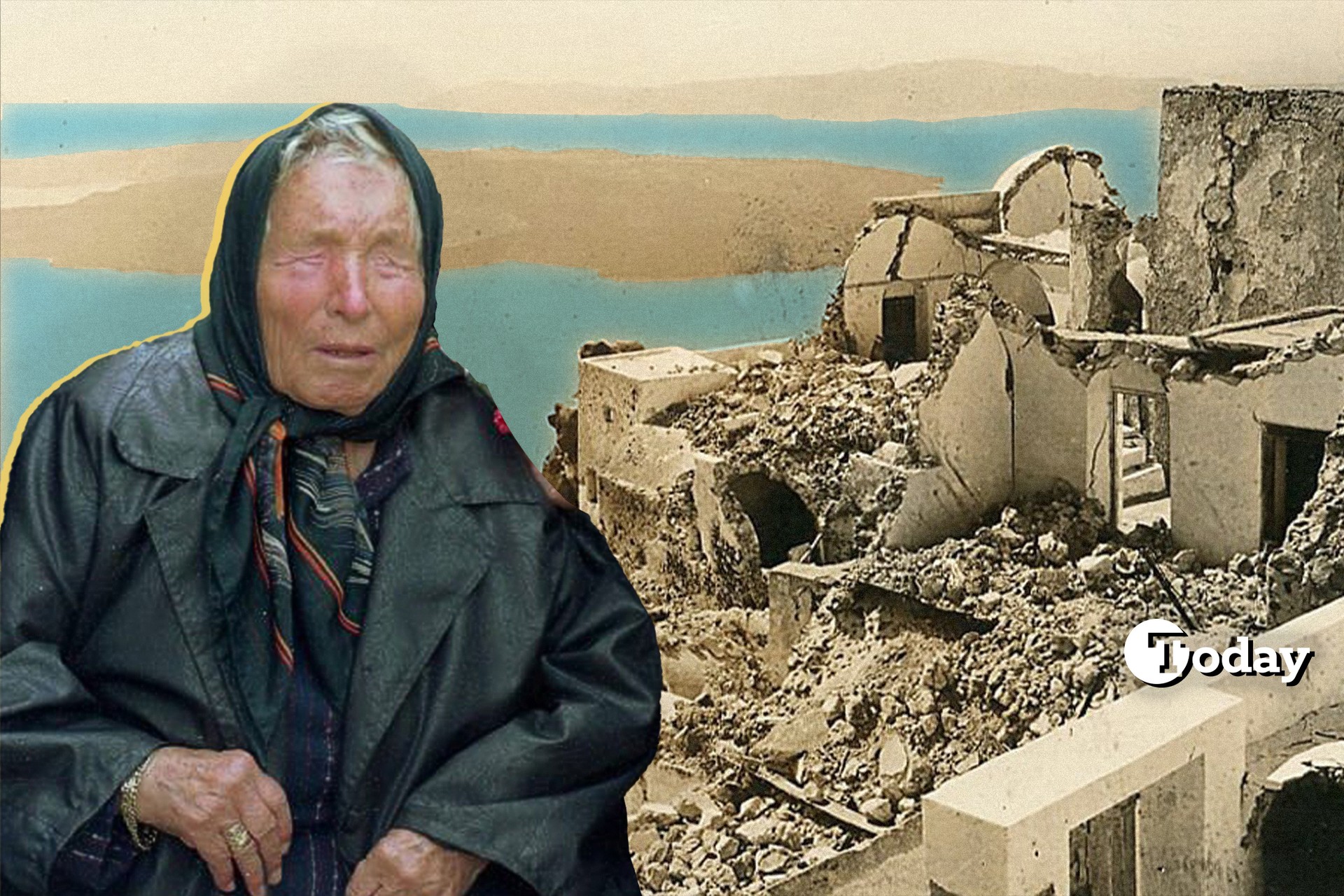
The recent seismic activity in Santorini has sparked widespread discussions about whether the legendary blind mystic Baba Vanga had foreseen these earthquakes long before they occurred.
With more than 16,500 tremors recorded near the Greek island in recent weeks and ongoing fears of a potential volcanic eruption, speculation has emerged that Baba Vanga may have predicted such events decades ago.
But did she truly foresee this, or is this yet another instance of selective interpretation of vague predictions?
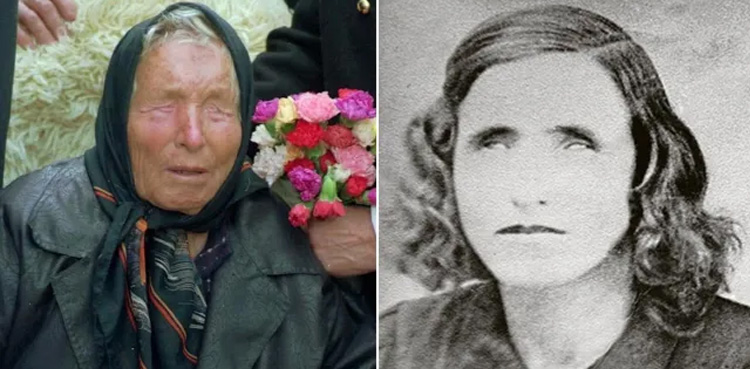
Baba Vanga, born Vangelia Pandeva Gushterova in 1911 in what is now North Macedonia, lost her eyesight as a child due to a storm-related accident.
Her followers believe this event granted her supernatural foresight, leading her to make hundreds of predictions before her death in 1996.
She became a cultural figure in Bulgaria and gained international fame for allegedly foreseeing major world events, including:
However, skeptics argue that many of these prophecies are either too vague to verify or were assigned to her retroactively after the events had already occurred.
Despite these doubts, Baba Vanga's reputation as a prophet continues to thrive, particularly as the world faces increasing political tensions and natural disasters.
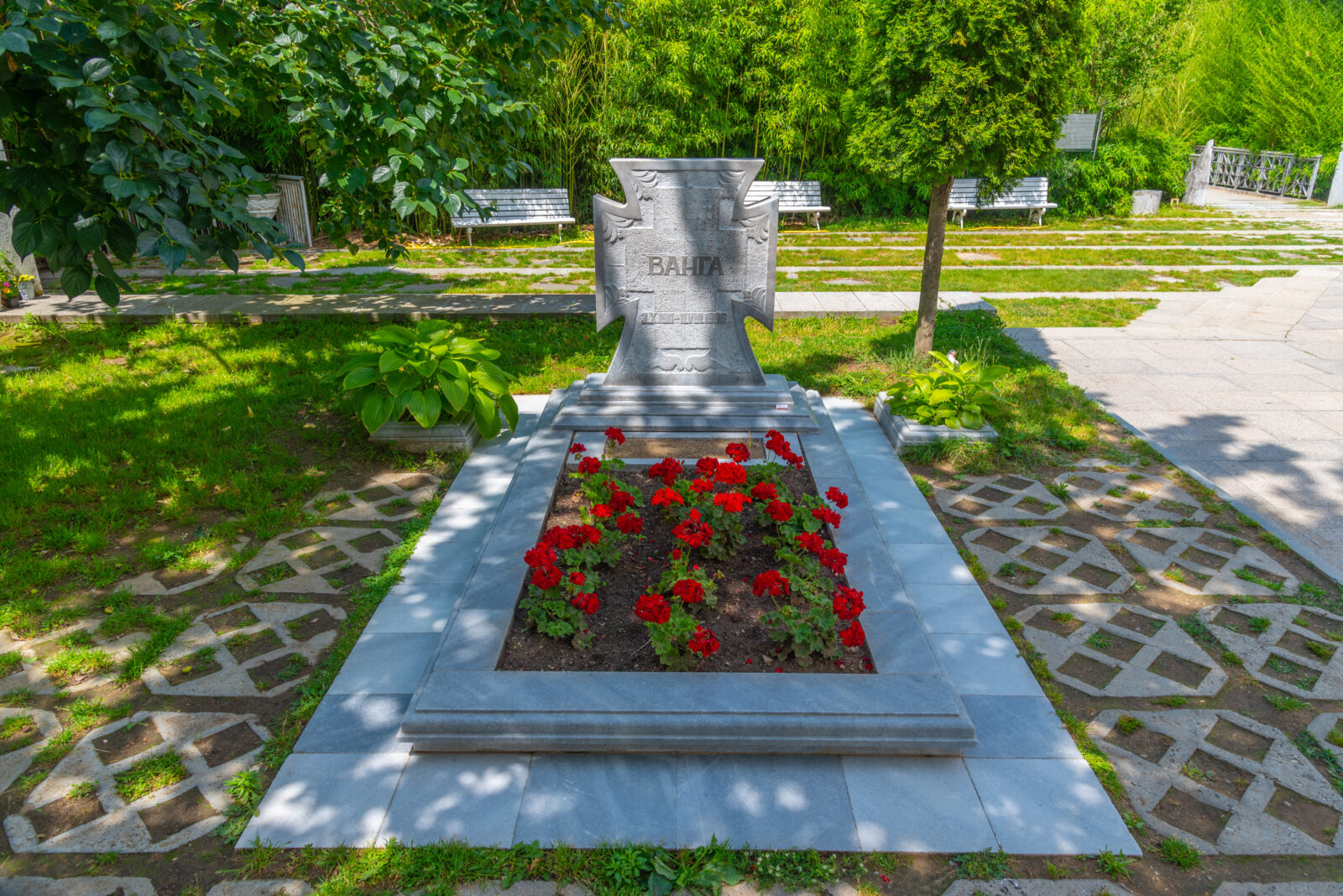
Baba Vanga's predictions for 2025 include various catastrophic events, particularly concerning natural disasters.
Among her alleged prophecies are:
While she did not explicitly mention Santorini, her followers argue that the recent seismic activity fits within her broader predictions of natural disasters for 2025.
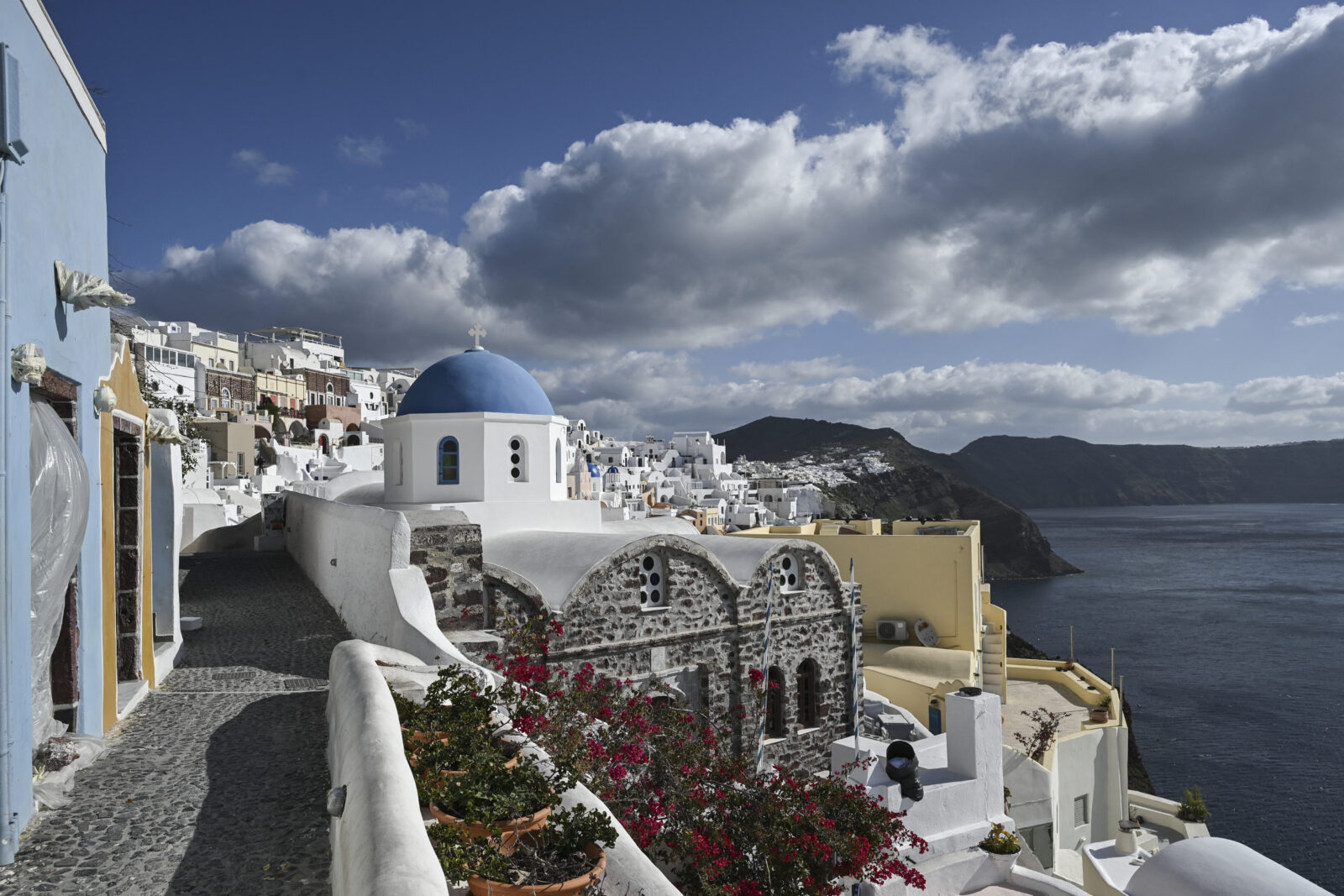
Santorini, a volcanic island in the Aegean Sea, has been experiencing an ongoing seismic swarm since early February 2025. Scientists have recorded thousands of tremors in the region, some exceeding 4.0 in magnitude.
Geologists from the Geodynamic Institute of Athens have been closely monitoring the island's two main active volcanic sites—Nea Kameni within the caldera and Kolumbo, an underwater volcano located just offshore.
While some experts believe the earthquakes are purely tectonic, others point to signs of volcanic unrest, including:
Despite these warning signs, experts are divided on whether an eruption is imminent. Volcanologist Evi Nomikou has stated that while the data suggests underground fluid movement, no definitive signs of an imminent eruption have been confirmed.
Other experts caution that the seismic activity could stabilize in the coming weeks, as it did during similar events in 2011 and 2012.
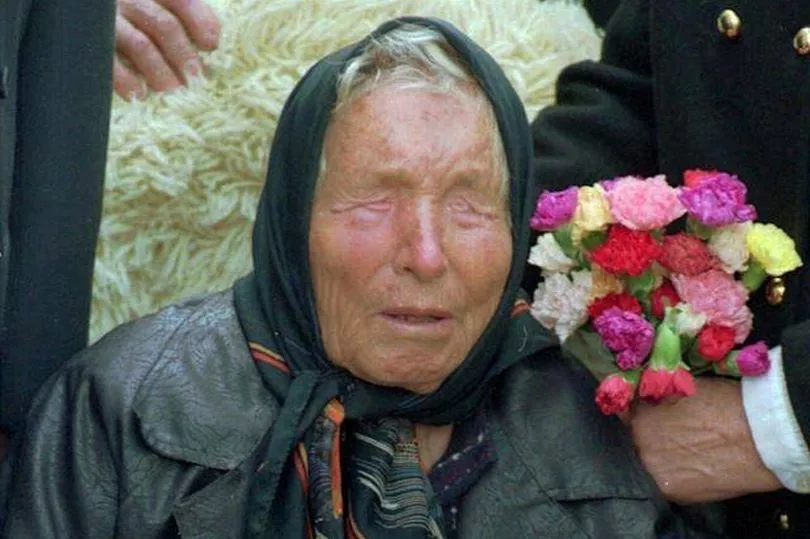
While Baba Vanga’s prophecies are often associated with major world events, there is no verifiable record of her specifically predicting an earthquake or volcanic eruption in Santorini. The claim that she foresaw this event seems to be a broad interpretation of her general predictions concerning natural disasters in 2025.
This pattern of retroactively attributing accurate predictions to Baba Vanga is common. For instance, after the September 11 attacks, it was widely claimed that she had predicted a "great steel bird" attacking America, but there was no documented evidence of this statement before 2001.
Moreover, skeptics argue that the language used in Baba Vanga's predictions is often ambiguous, allowing for multiple interpretations. Her supposed prophecy about volcanic eruptions in 2025 could apply to any of the many active volcanic sites worldwide, not just Santorini.
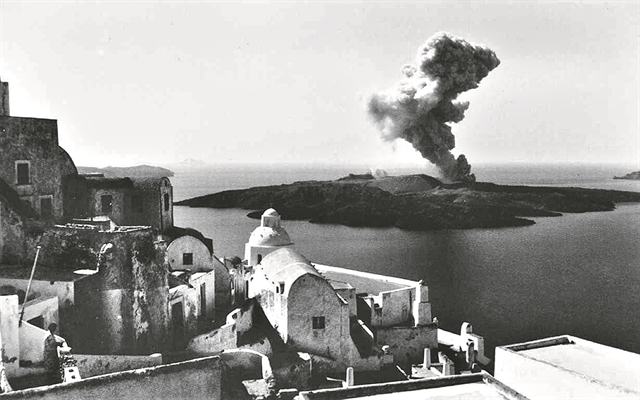
While her 2025 predictions have gained attention due to the Santorini earthquakes, Baba Vanga is said to have made other forecasts for the future.
These include:
As with many of her past predictions, these claims are unverifiable and lack supporting evidence beyond anecdotal attributions.
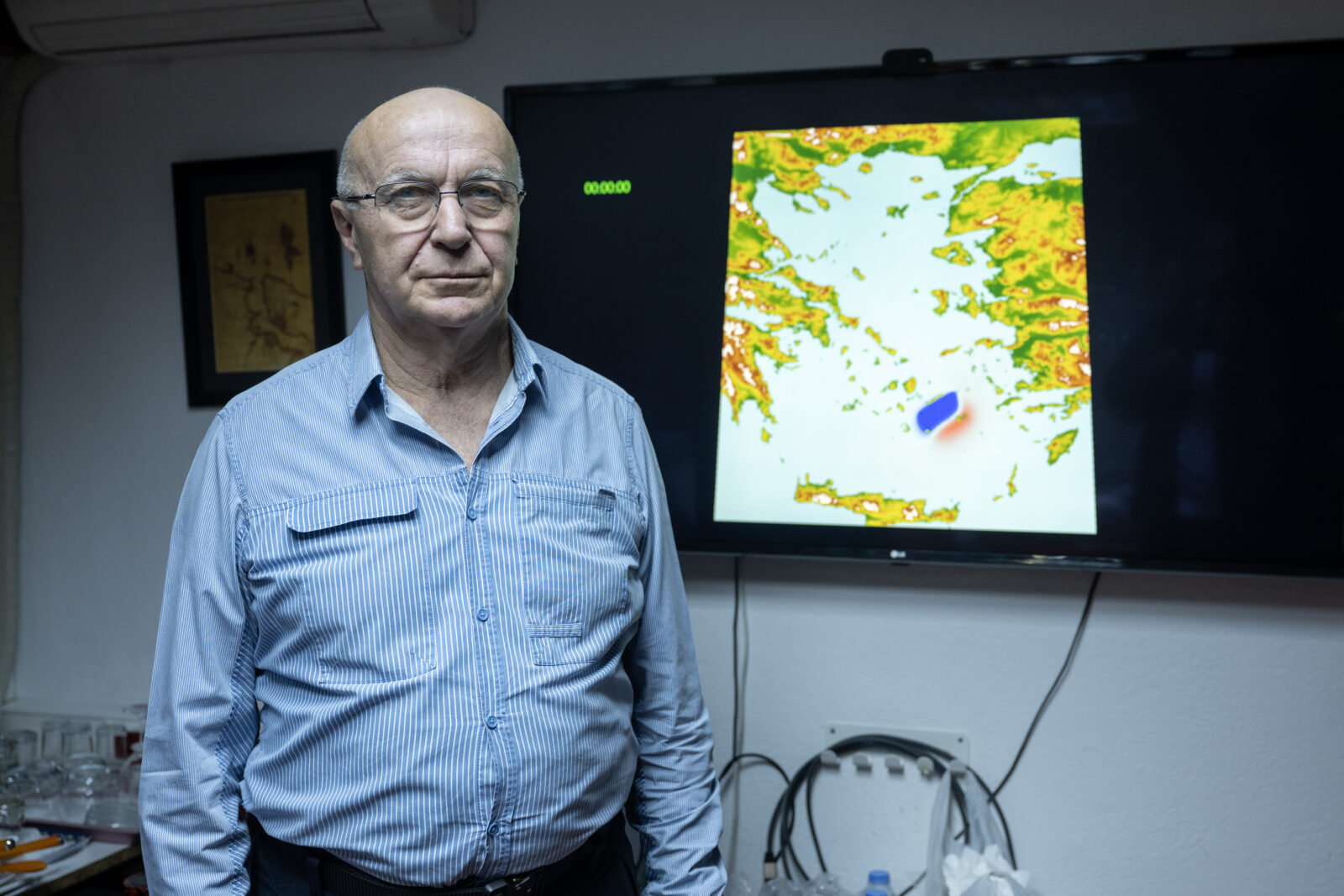
The renewed attention on Baba Vanga's prophecies amidst the ongoing seismic activity in Santorini in fact reflects the human tendency to seek explanations for unpredictable events.
However, geologists and seismologists emphasize that scientific observation and data analysis are the best tools for assessing earthquake and volcanic risks.
Current monitoring of Santorini suggests that while the island remains seismically active, there is no certainty of a major eruption. Greek authorities continue to assess the situation, and precautionary measures have been implemented to ensure public safety.
While it is intriguing to consider whether Baba Vanga had insight into the future, her predictions should not be relied upon as a substitute for scientific expertise. The events in Santorini, like many other natural disasters, are best understood through careful study and ongoing monitoring rather than mystical foresight.
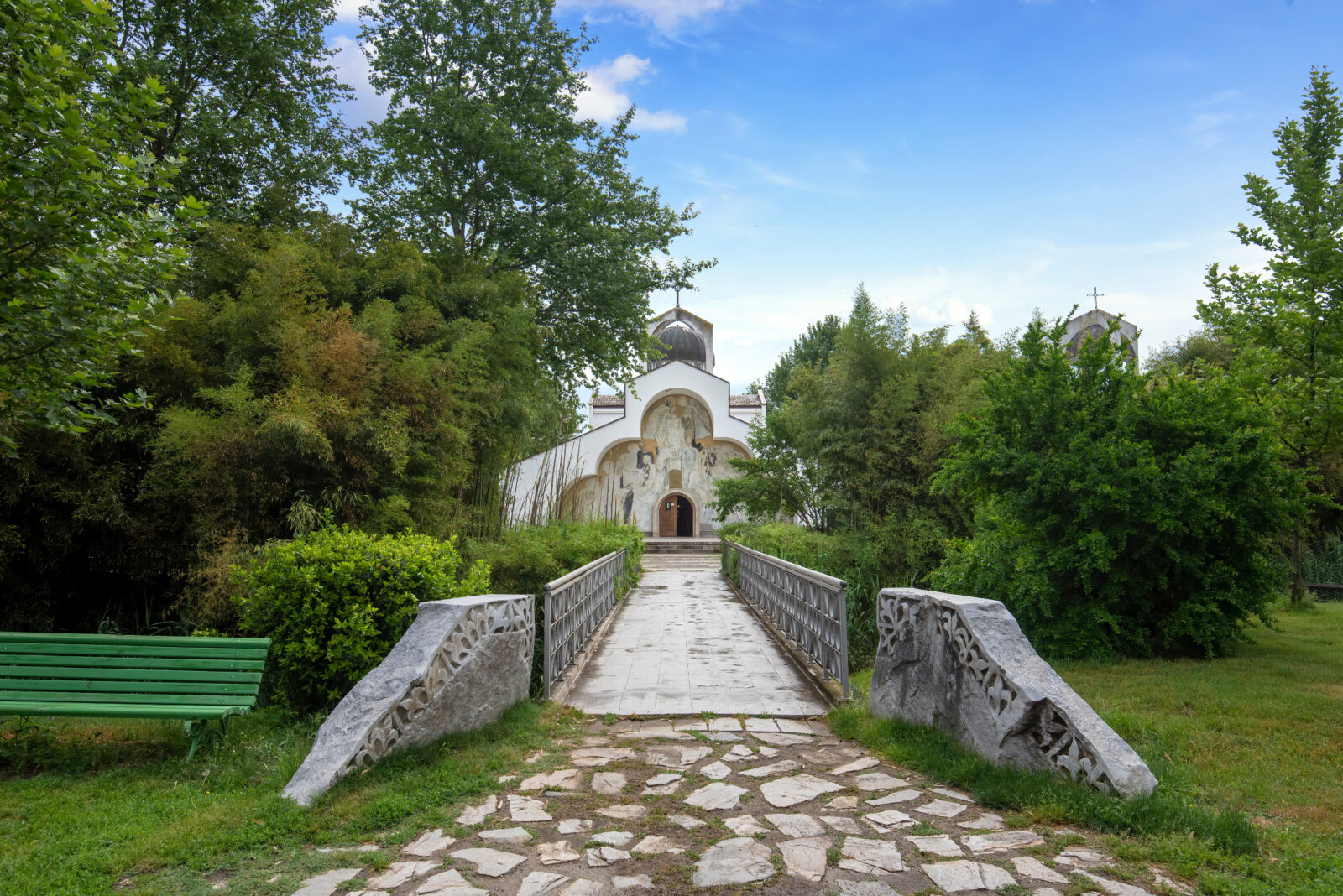
Despite the fascination surrounding Baba Vanga's alleged foresight, there is no solid evidence that she specifically predicted the Santorini earthquakes. Her general prediction of increased natural disasters in 2025 could apply to numerous events worldwide, making it difficult to verify any direct connection.
The focus remains on scientific analysis and preparedness as seismic activity in Santorini continues. While speculation about mystical foresight will likely persist, the reality of the situation ultimately lies in the hands of geologists, researchers, and emergency response teams rather than in prophecy.
For now, residents and officials in the region will continue relying on data and observation to navigate the unfolding situation, ensuring that safety and preparedness remain top priorities.